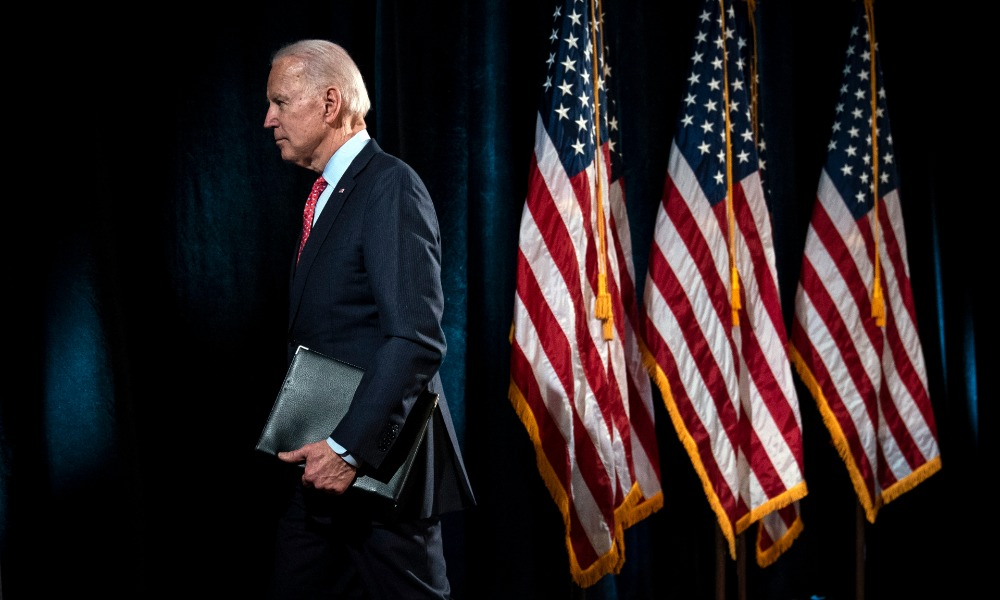Expert foresees shift in US policy on Afghanistan under Biden

With less than 50 days before president-elect Joe Biden takes office, speculation is growing as to how the US counterterrorism policies will shift under a new administration, with one expert saying it is naive to think the Taliban will stick to its promises, work in good faith with the Afghan government and break ties with al-Qaeda.
Jason Blazakis, a professor at Middlebury Institute of International Studies, and director of its Center on Terrorism, Extremism and Counterterrorism, wrote in an opinion article published in The Hill on Thursday that it is anticipated that Biden’s incoming foreign policy team will reinvigorate US multilateral counterterrorism efforts at the United Nations and elsewhere.
Blazakis stated that US policies on Iraq and Afghanistan will likely shift, “given that ISIS remains a threat to stability in the Near East and the al-Qaeda core and ISIS branch known as Khorasan remain active in Southwest Asia (including Afghanistan).”
Blazakis said that Biden’s security team is unlikely to drastically increase troop presence in Afghanistan or Iraq, but if the stability in the respective countries continue to devolve, “observers should expect some level of redeployment, a significant increase in bilateral and multilateral capacity-building efforts to shore up counterpart security, and an expansion of programmatic efforts to counter violent extremism.”
He said that since outgoing President Donald Trump’s move to withdraw troops from Syria, Iraq and Afghanistan, “ISIS brazenly launched an alarming number of attacks.”
“The Trump peace agreement with the Taliban (in February) will create an atmosphere, because of US troop withdrawal, for al-Qaeda to regain sanctuary and finally regroup after two decades of being on its heels,” he said.
“Believing that the Taliban will fulfill its promises and work in good faith with the Afghan government and break its relationship with al Qaeda is naive.
“In October, the Taliban demonstrated its continued resolve to fight when it killed more than 40 Afghan police officials in Helmand Province,” he said.
Blazakis stated that Biden inherits a challenging national security environment, and efforts to counter threats including ISIS and al-Qaeda remain paramount.
“But human rights considerations must be fundamental to the Biden team’s application of counterterrorism power. Mistakes of the past, such as drone targeting that has resulted in too many civilian casualties, must be avoided,” he said.
Pointing out that the former Obama administration’s security team recognized this late in then president Barack Obama’s second term but then ordered a report on civilian deaths associated with US drones.
“The Trump national security team canceled the report last year, setting back efforts to improve transparency in the conduct of counterterrorism. Transparency, accountability, oversight, and regional and multilateral cooperation to mitigate terror and extremism must be the principles that guide the Biden team’s fight against bad actors,” Blazakis stated.
If these principles are not adhered to, mistakes of the past will be repeated and human rights will continue to be eroded, he added.
